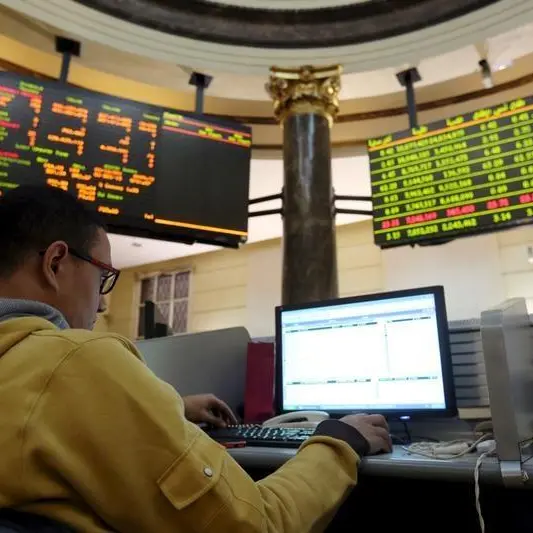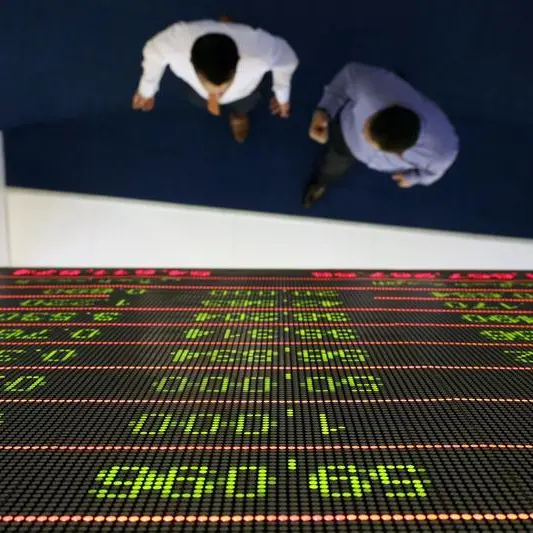PHOTO
European and Asian stock markets slid Tuesday on worries of a possible trade war between China and the United States when Donald Trump takes over as president, analysts said.
Chinese stocks were already under pressure from disappointment about Beijing's lack of extra measures to boost China's stuttering economy.
The sell-off came despite another record close Monday on Wall Street, fuelled by expectations that Trump will launch tax cuts and other business-friendly policies.
Seen as inflationary measures that will keep interest rates high, the dollar was firm again Tuesday.
Trump's support for cryptocurrency pushed bitcoin to a record high nearing $90,000 at one point Tuesday.
The Republican has meanwhile pledged to impose tough tariffs on imports into the United States, including as much as 60 percent on goods from China.
Trump's decision to pick China hawks for key positions in his cabinet has added to fears the next few years could be bumpy.
"The latest moves from Trump's camp... are sending chills through the markets and casting a decidedly icy glow on US-China relations," noted independent analyst Stephen Innes.
Analysts are also expecting tariffs on European imports, hurting the region's top stock markets in London, Paris and Frankfurt, all of which were down around one percent nearing the half-way stage Tuesday.
Asia's top equity indices closed with big losses -- with Hong Kong finishing nearly three percent lower.
The dollar extended gains against its peers that started after news of Trump's election, which has sparked bets on a pick-up in inflation that could complicate the Federal Reserve's plans to lower US interest rates.
The latest reading of the US consumer price index due Wednesday will be closely watched as investors try to ascertain the central bank's plans for next month's monetary policy meeting.
"We assume the Trump administration will deliver on their key policy proposals with the degree and timing of these policies the bigger uncertainty," said National Australia Bank's Rodrigo Catril.
"Most of these policies (lower taxes, tariffs, immigration, deregulation, unfunded expansionary fiscal policy) can be regarded as pro-growth and or inflationary.
"This means, all else equal, a shallower Fed easing cycle and a stronger dollar," Catril added.
- Key figures around 1100 GMT -
- London - FTSE 100: DOWN 1.0 percent at 8,043.41 points
- Paris - CAC 40: DOWN 1.1 percent at 7342.52
- Frankfurt - DAX: DOWN 0.8 percent at 19,294.98
- Tokyo - Nikkei 225: DOWN 0.4 percent at 39,376.09 (close)
- Hong Kong - Hang Seng Index: DOWN 2.8 percent at 19,846.88 (close)
- Shanghai - Composite: DOWN 1.4 percent at 3,421.97 (close)
- New York - Dow: UP 0.7 percent at 44,293.13 (close)
- Dollar/yen: UP at 154.01 yen from 153.81 yen on Monday
- Euro/dollar: DOWN at $1.0619 from $1.0648
- Pound/dollar: DOWN at $1.2820 from $1.2872
- Euro/pound: UP at 82.84 pence from 82.73 pence
- Brent North Sea Crude: UP 0.6 percent at $72.27 per barrel
- West Texas Intermediate: UP 0.6 percent at $68.47 per barrel





















